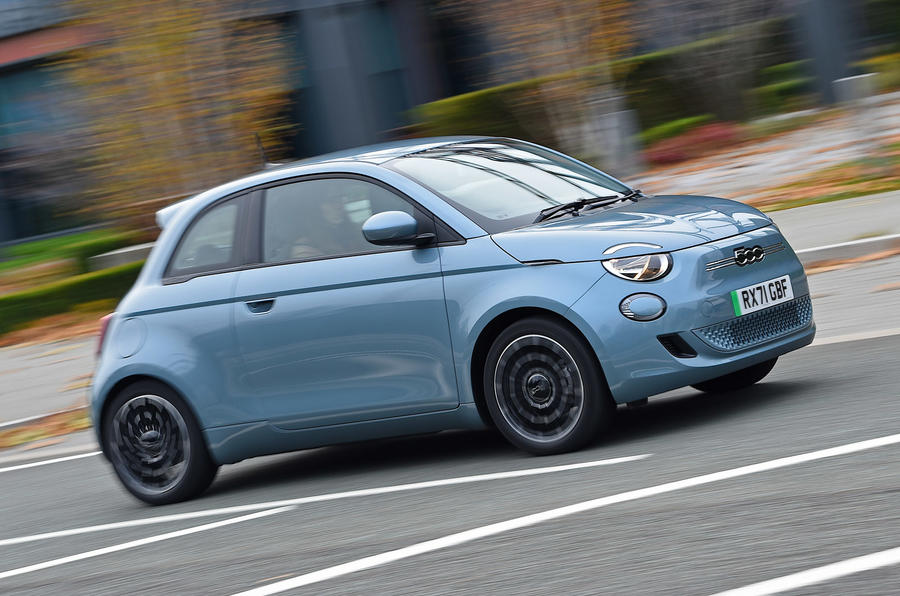A new study has found that reducing speed limits to almost 30km/h results in no statistically significant differences in safety.
Reducing speed limits to 20mph (32km/h) has little effect on road safety, according to a new study published in the Journal of Epidemiology and Community Health.
Researchers analysed 76 roads in central Belfast, Northern Ireland before and after 20mph (32km/h) speed limits were introduced, comparing them to other roads in Northern Ireland where 30mph (48km/h) or 40mph (64km/h) speed limits had been retained.
The findings were that there were “no statistically significant differences” in the long-term rate of crashes and casualties, or the average speed of traffic. Roads with 20mph (32km/h) limits did, however, experience less traffic, according to the research.
The study concluded that policymakers considering implementing 20mph speed limit interventions should consider the fidelity, context and scale of implementation.
RAC road safety spokesman Simon Williams said: “The findings of this study are surprising, as they appear to suggest that drivers on 20mph roads in Belfast hardly slowed down at all, despite the lower speed limit, which is at odds with other reports.
“It seems there is a serious problem with compliance, as we would expect that – even without enforcement – average speeds would drop. Consequently, the study may demonstrate a need for councils to find other ways to get drivers to slow down, whether that’s through enforcement or modifying road design with traffic islands, well-designed speed humps or chicanes.
“It’s also important that 20mph limits are used in places where they stand to make the biggest positive impact, such as in built-up areas and in locations where there are large volumes of motorised traffic, cyclists and pedestrians – but clearly that depends on a meaningful drop in overall vehicle speeds. Equally, our research shows drivers are less likely to comply with a lower limit if they don’t believe it’s appropriate for the type of road.”
In Australia, states and territories are trialing 30km/h speed zones in a bid to increase road safety, however, local research by the Australasian College of Road Safety suggests that there is the potential a reduction of some speed zones to 30km/h will ” reduce the Australian national road toll by 13%,” and that would potentially save Australia $3.5 Billion every year. But as the research in Ireland suggests, the key to success is public education and awareness, and a willingness to abide by the lower speed limits.
Tristan Shale-Hester




